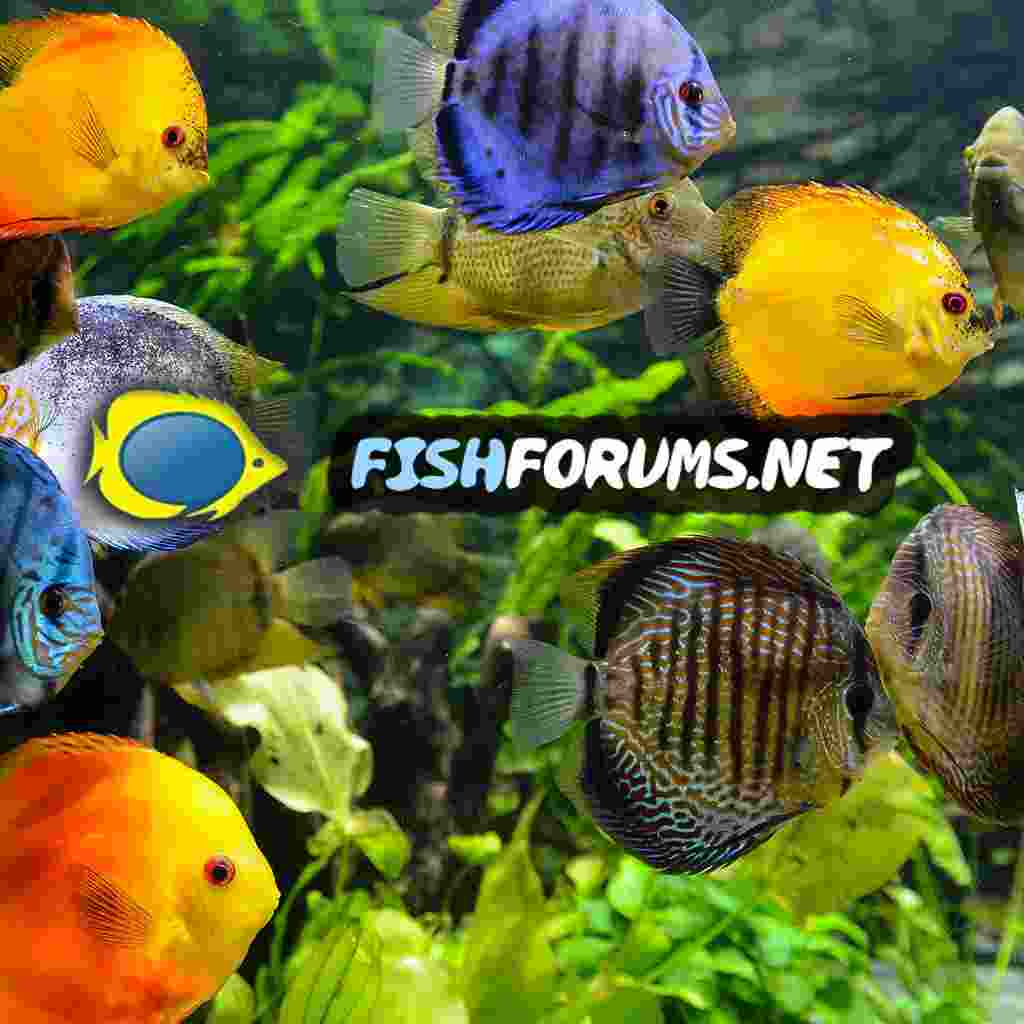I am not operating the quote function right @AdoraBelle Dearheart but there are things in your cabinet I know nothing about. Wormer? For fish? and using alder cones and cherry shrimp to prevent egg fungus on cory eggs? Where should I learn these things
Wormer meaning de-worming meds, for fish, you know, since they can get round worms and flat worms, and when I kept livebearers they arrived with worms. Apparently super common with livebearers especially, after being mass produced in fish farms;

What to do if your fish has Stringy White Poop.
Fish do a stringy white poop for several reasons. 1) Internal Bacterial Infections causes the fish to stop eating, swell up like a balloon, breath heavily at the surface or near a filter outlet, do stringy white poop, and die within 24-48 hours of showing these symptoms. This cannot normally be...
 www.fishforums.net
www.fishforums.net
The cory eggs thing - corydoras eggs often develop fungus. The unfertilised eggs and any that fail tend to grow fungus, and especially since the eggs are often clumped together, that fungus can spread and ruin good eggs, so people who breed cories usually use some kind of method to try to prevent that from happening too much. Using some methylane blue in the water the eggs are in is one method, but alder cones also have anti-fungal properties, so I've used those too after learning the tip here. Then I read elsewhere that cherry shrimp are good at helping to prevent the fungus by picking around the eggs and cleaning the area, and cleaning any infertile eggs so the fungus doesn't grow and spread, and they don't harm healthy eggs. So last few batches I've just added some alder cones and cherry shrimp to the egg container, and they've done a great job at being 'nannies' for the eggs. Had way more eggs hatch too! That might be because I've had more experience each time too, but I mainly credit the cherry shrimp.
Sorry, I was being a big vague when I said all that in my previous comment!



